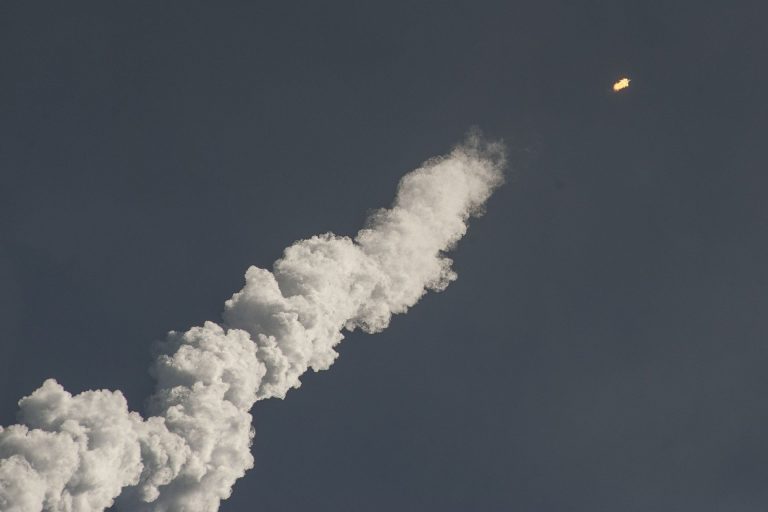In mid-October, the Financial Times reported that China had possibly tested two hypersonic weapons in the summer, including one capable of carrying nuclear payloads. The reports surprised the American intelligence community.
General Mark Milley, chairman of the Joint Chiefs of Staff, raised concerns about the tests, especially at a time when relations between Washington and Beijing are tense.
“What we saw was a very significant event of a test of a hypersonic weapon system. And it is very concerning… I don’t know if it’s quite a Sputnik moment, but I think it’s very close to that. It has all of our attention,” Milley said in an interview with Bloomberg Television.
The Soviet Union’s launch of the Sputnik satellite back in 1957 had put the United States on edge, as it gave the communist nation a step up in the space race.
With its hypersonic missile tests, China potentially has a formidable weapon to challenge the United States. The weapon, if completed, would allow China to send nuclear weapons over American anti-missile systems in the northern hemisphere as well as via the South Pole. The new-generation hypersonic missiles are designed to be so fast that traditional defense systems have difficulty intercepting them.
Success
You are now signed up for our newsletter
Success
Check your email to complete sign up
Although Beijing’s hypersonic missile test “has all of our attention,” Milley noted that it is just one weapons system and that China’s military capabilities are “much greater than that.”
The Joint Chiefs of Staff chairman pointed out that the Chinese military is “expanding rapidly” in space, cyber, land, air, and sea. However, the United States is not far behind in developing advanced weaponry.
He revealed that the American military is actively researching hypersonics, robotics, artificial intelligence (AI), and so on. A U.S. hypersonic missile test conducted this month had ended in failure.
Pentagon press secretary John Kirby declined to comment on China’s hypersonic missile tests. At a news briefing, Kirby said, “I don’t think it does any good for us to characterize this and put a label on it, this advancement of capabilities.” He said that there is a “suite of issues” with China that concern the Pentagon from a security perspective, including the hypersonic test.
“We’ve been very clear about our concerns over China’s advancements in certain capabilities, a wide range of capabilities, capabilities that the secretary noted himself do very little to help decrease tensions in the region and beyond, and they’re paired with, these advance military capabilities are paired with a foreign and defense policy approach that uses intimidation and coercion of neighboring nations to yield to China’s interests,” Kirby said.
In an Oct. 22 letter to Commerce Secretary Gina Raimondo, 17 Republicans on the House Foreign Affairs Committee stated that China’s hypersonic missile tests are a warning about the outflow of American technologies to the Asian nation.
“Reports that the PRC [People’s Republic of China] has tested a nuclear-capable hypersonic missile is a chilling display of Chinese Communist Party (CCP) capabilities and intentions. To make matters worse, it is likely that U.S. software and tools contributed to the creation of this weapons system, because of our country’s permissive export controls and licensing policies with China,” the letter stated. The lawmakers asked Raimondo to take “immediate action” on the “several urgent shortcomings” in U.S. export control policy.














